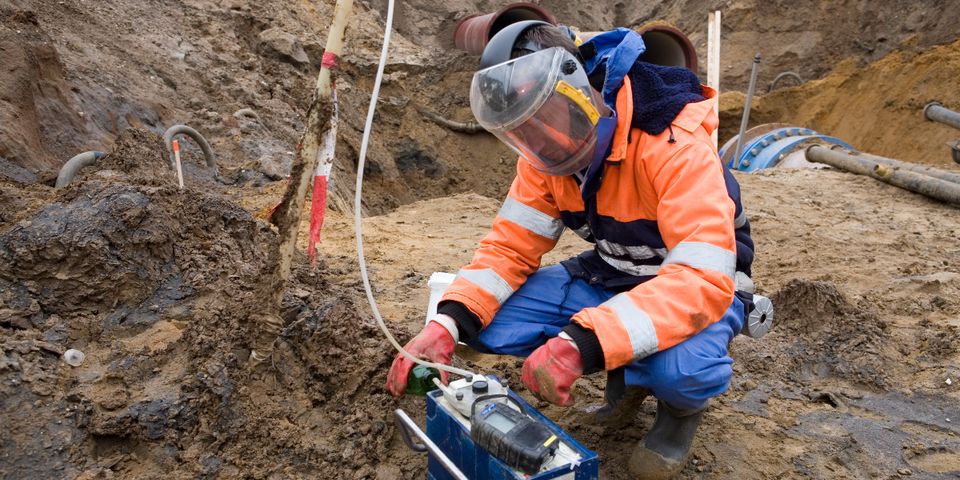
Geoprobing is an invaluable technique used in various industries, including construction, environmental consulting, and geotechnical engineering. While it plays a crucial role in gathering subsurface information, many people have questions about this fascinating method. Below are answers to common questions about geoprobe, providing clear and convincing answers to help you understand its benefits and applications.
Your Guide to Geoprobing
What is geoprobing?
A geoprobe, also known as direct push technology, is a method used to collect soil, groundwater, and soil gas samples, as well as to measure subsurface properties. It involves the use of a specialized machine that pushes tools, such as sampling tubes or probes, into the ground. These tools penetrate the soil or rock, collecting samples and providing data about the composition and characteristics of the subsurface.
What are the benefits of a geoprobe?
Geoprobing offers several advantages over traditional drilling methods. Firstly, it is less disruptive to the site, as it requires minimal equipment and creates fewer disturbances. This makes it ideal for projects where site access is limited or environmental impact must be minimized.
Additionally, a geoprobe allows for rapid data collection, providing real-time results and reducing project timelines. The direct push technique also minimizes cross-contamination between sampling points, ensuring accurate and reliable data.
How is geoprobing used?
Geoprobing is widely used in environmental investigations to assess soil and groundwater contamination. By collecting soil and groundwater samples directly from the subsurface, geoprobing provides valuable data on contaminant presence and distribution.
It helps identify potential sources, evaluate the extent of contamination, and guide remediation efforts. Geoprobing also enables the installation of monitoring wells for ongoing assessment of groundwater quality.
Can it be used in construction?
Geoprobing helps assess soil composition, strength, and permeability, aiding in the design of foundations, retaining walls, and other structures.
Geoprobing can also identify potential subsurface hazards, such as buried debris or voids, ensuring construction projects proceed safely. By providing valuable data on soil characteristics, geoprobing helps engineers make informed decisions and mitigate potential risks.
Since 2002, residents of the Anchorage, AK, area have trusted GeoTek Alaska when they need a geoprobe. This team is committed to accurate results and offers groundwater sampling, drilling, well monitoring, and more. Call (907) 569-5900 to schedule a consultation and visit their website to learn more about their services.
About the Business
(6 reviews)
Have a question? Ask the experts!
Send your question

